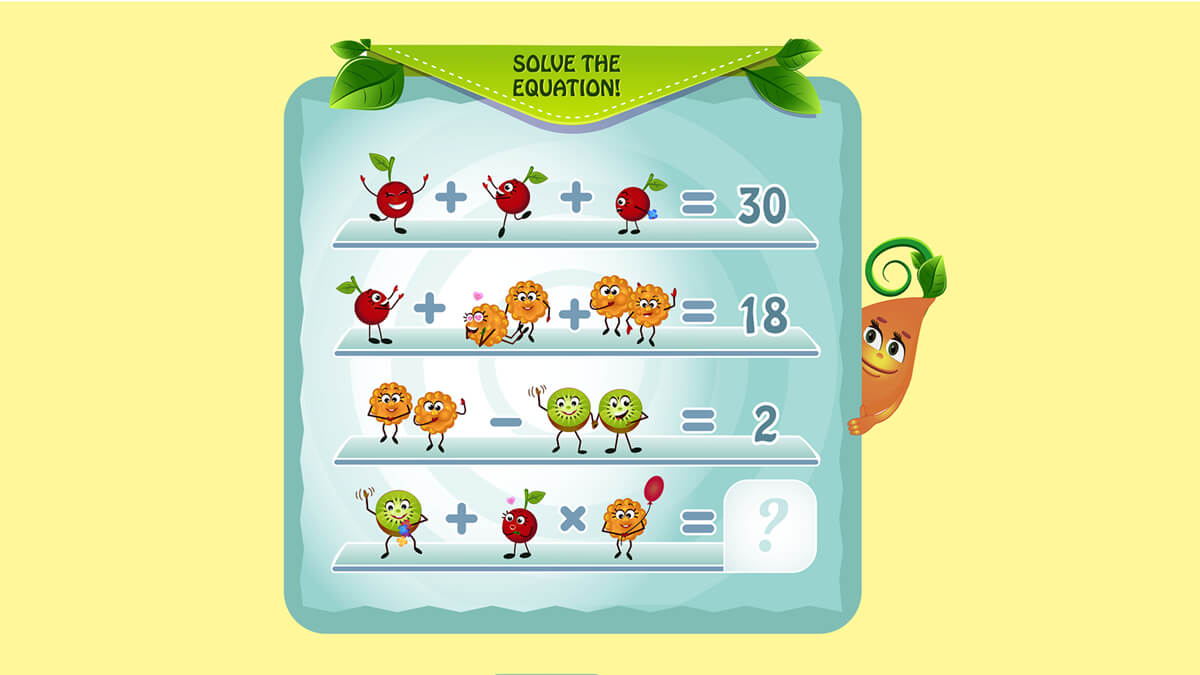A 2018 Pew survey found that 97% of male teens and 83% of female teens play video games.1 Although there are questions about its long-term effects on young people, gaming can be used in the classroom to motivate learners. The wide use of video games gives teachers an opportunity to connect instructional content with student interests.
Walden University’s MS in Education (MSEd) program allows education professionals to explore this topic as part of its Integrating Technology in the Classroom (Grades K–12) degree specialization. The program’s New and Emerging Technologies course presents strategies on engaging students through the intentional use of technology. The course also looks objectively at the potential benefits and pitfalls of educational gaming.
Educational Gaming in Practice
Embedded in video games are structural elements that can translate into student motivation and achievement in classroom settings.2 When used properly, these elements build student interest and curiosity as academic content is taught:
| Game Element | Student Motive |
| Time pressure, tasks | Cognitive stimulation |
| Scoring, rewards | Achievement |
| Group tasks | Social exchange |
| Avatars, virtual worlds | Self-determination |
Possible Benefits of Educational Gaming
- Increases student engagement and excitement
- Builds digital and financial literacy skills
- Enhances strategic and creative thinking
- Improves collaborative problem-solving techniques
- Personalizes and differentiates the learning experience
Possible Pitfalls of Educational Gaming
- Excessive equipment and training costs
- Goals not aligned to educational standards
- Some games are designed to be addictive
- Play may decrease attention span
- Technology does the work for students
Games With a Conscience
The key to responsible, effective gaming in the classroom is choosing resources thoughtfully. Here are a few game designers worth checking out:
- Nobel Prize Educational Games: These games and animated interactives, based on Nobel Prize-awarded achievements, promote inquiry-based learning and higher-order thinking.
- Filament Games: Topics range from science to civics, and challenge players to think through problems and engage in hands-on activities.
Interested in Learning More About Game-Based Education?
As an MSEd student, you’ll have the opportunity to dig deeper into education technology trends as you prepare to transform your students’ learning experiences. And when you choose an online master’s program, you can earn your degree without interrupting your career—taking new teaching strategies straight from our courses to your classroom.
Walden University is an accredited institution that offers an online MS in Education degree program with a specialization in Integrating Technology in the Classroom (Grades K–12). Expand your career options and earn your degree using a convenient, flexible learning platform that fits your busy life.
1Source: www.pewresearch.org/internet/2018/05/31/teens-social-media-technology-2018/
2Source: edtechbooks.org/studentguide/gamification
Walden University is accredited by The Higher Learning Commission, www.hlcommission.org.




